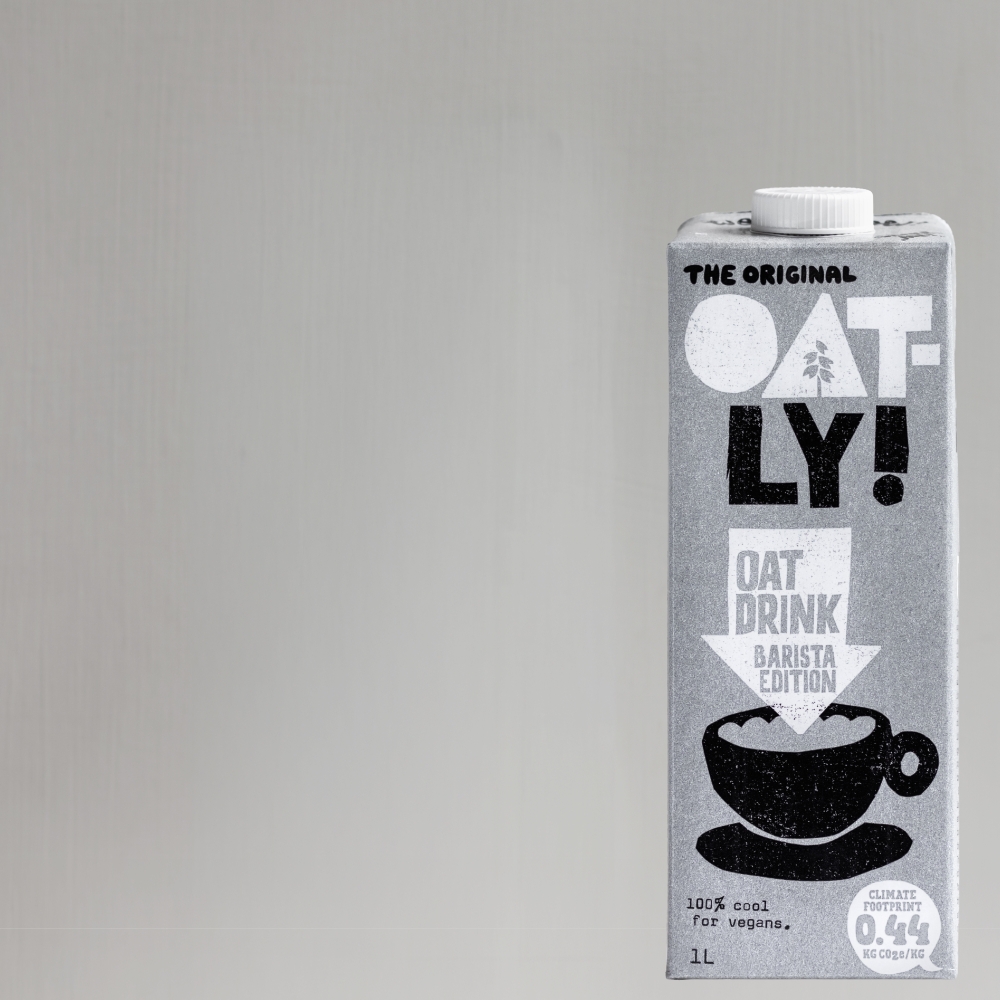20.11.2025
Brand valuation is essential for mergers and acquisitions, tax planning, strategic decision making, and financial reporting.
Thank you
Trade mark lawyers play an indispensable role in securing the legal foundations in brand protection that is key to the monetary value of brands and often perform due diligence on trade mark registrations to inform valuation processes carried out by brand owners or potential buyers of IP assets. However, not so often we are involved in the ‘accounting’ side of these exercises.
Over breakfast in New York City last week, Beth Rubin, Senior Managing Director with FTI Consulting, talked me through the basic principles used in brand valuation and the way in which public policies can influence such value. I was particularly interested in her comments on ESG and AI policies and their potential impact on brand value and how companies react to such policies with a view to retaining or increasing brand value.
Here is a summary of our conversation.
Brand value is defined as the “monetary worth of a brand, if you were going to sell it”. It quantifies a brand’s reputation, prestige, and market presence, amongst other things.
There are generally three approaches to the valuation of a brand:
1. Income approach: Determines brand value by calculating the present value of the company’s expected future cashflows.
2. Market approach: Determines brand value by benchmarking a company against others with comparable assets and liabilities.
3. Cost approach: Determines brand value based on the total cost to create or replace the brand.
Companies invest today to increase brand value in the future.
Internal business strategies, market factors and government policies can all impact brand value. Depending on the industry, companies will invest in people, programs, supply chain management, client relationships and intangible assets such as brand identity, reputation and prestige to create brand value.
Solid IP protection is one example of an intangible asset in which companies invest to increase a brand’s value.
A well-known trade mark can enhance a company's reputation, attract customers, and command premium pricing, ultimately enhancing brand value. IP protection crystallises the rights brand owners have in those marks, thereby making those IP assets immediately identifiable and searchable.
Beth explains that while it is particularly challenging to apportion or isolate the income related to IP, the absence of adequate IP registrations will certainly negatively impact brand value.
Businesses adapt to the framework of ESG and AI policies put in place by governments. However, within that given landscape, forward-thinking businesses always have the long term retention and enhancement of brand value as their objective, and customers’ perception of a brand is paramount.
ESG targets remain a priority for many brands.
Beth gives an example from the recent environmental policies shift in the US: while the environmental frameworks have effectively been dismantled on a US federal level and from a survey of 125 senior sustainability and ESG executives at leading US and multinational companies, approximately 80% are adjusting their policies to mitigate legal and political risk, only 6% report making significant changes (Fortune), whereas from a report dated August 2025, Science Based Targets initiative reported a 227% surge in companies setting both near-term and net-zero climate targets since 2023. This is a clear indication that the importance placed by consumers on the environmental profile of a company, affects brand value in the long term and companies take a view that goes beyond the current policy framework.
A new important element in brand valuation is AI and the use that companies make of it.
In this context, the policies adopted by governments on AI can influence companies’ decisions and impact brand value.
Beth says ‘AI can help preserve critical customer relationships and continue to provide a high-value experience. In sectors like retail, AI can bolster the entire value chain, improve margins and boost profits. AI represents a strategic investment in delivering future brand value.’
For this reason, brand owners will monitor AI policies and make decisions around them. On this point, Beth comments that she believes the recent “America’s AI Action Plan”, released in July 2025 by the Trump administration, which removes certain barriers in the use of AI, will drive companies to an increased use of AI to achieve brand value.
November 2025
Manuela Macchi
Partner, Keltie LLP, UK Chartered Trade Mark Attorney
*Beth Rubin is a Senior Managing Director with FTI Consulting in New York City and a US Certified Public Accountant with over 20 years’ experience in performing financial analysis, valuations, calculating economic damages, and conducting royalty audits related to the luxury market.

13.02.2026
Don’t Cry Over Spilt "Milk": Key Takeaways from the Oatly Supreme Court Trade mark RulingOn 11 February 2026, the Supreme Court found in favour of Dairy UK Limited (“Dairy UK”), concluding its lengthy dispute with Oatly AB (“Oatly”) concerning the registration and use of Oatly’s trade mark POST MILK GENERATION.

09.07.2025
New UKIPO Practice Amendment on overly broad specifications and bad faithThe UKIPO has issued a new Practice Amendment Notice (PAN 1/25) in response to the Supreme Court’s landmark ruling in the case SkyKick UK Ltd v Sky Ltd (2024 UKSC 36).
Thank you